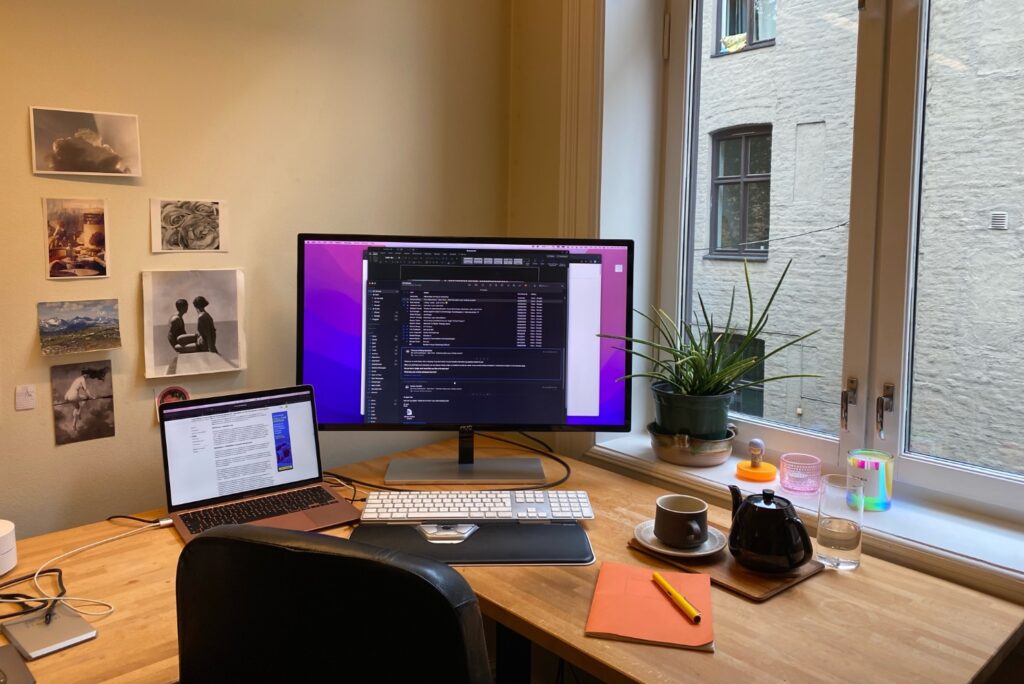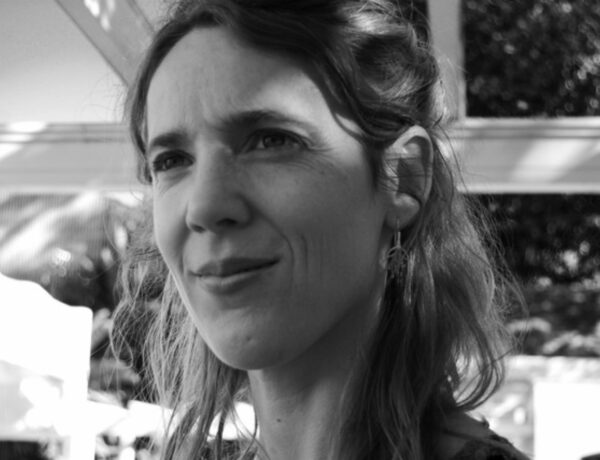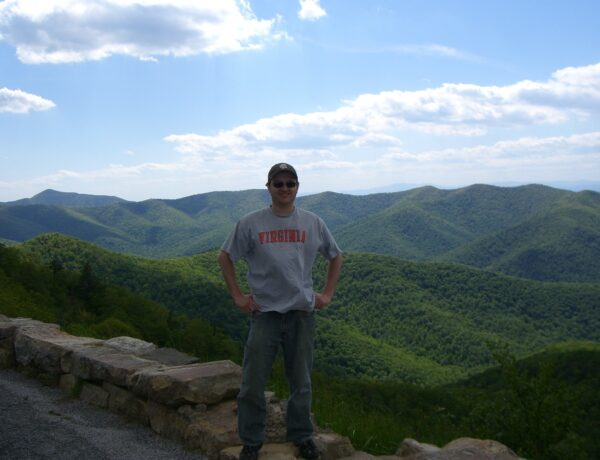Karen Havelin is a writer and translator from Bergen, Norway. She attended Skrivekunst-akademiet i Hordaland, and has a Bachelor’s degree in French, Literature, and Gender Studies from the University of Bergen and University of Paris Sorbonne.
She completed her MFA in Fiction from Columbia University in May 2013. Her work has been published both in Norwegian and in English. Her first novel, Please Read This Leaflet Carefully was published simultaneously in the US, the UK and Norway in spring 2019, from Dottir Press, Dead Ink Books and Cappelen Damm (norsk tittel Les pakningsvedlegget nøye).
Each week, we publish a new daily writing routine from a famous author. Subscribe to our newsletter so you don’t miss out!
Hi Karen, thank you for joining us today. For those who may not know, can you please tell us a little bit about yourself?
I’m a writer and translator from Bergen, Norway. My first novel, Please Read This Leaflet Carefully, was published simultaneously in the US, the UK and Norway in spring 2019, from Dottir Press, Dead Ink Books and Cappelen Damm, respectively.
I have an MFA in fiction and literary translation from Columbia University. I write a lot about bodies, illness, and living with pain, but also about pleasure and presence. I’m fascinated by the vulnerable aspects of human lives.
Can you take us behind the creative process for your recently published novel, Please Read This Leaflet Carefully?
In 2010, I moved to New York to attend the Columbia MFA program in creative writing. I needed to write a lot quickly, since I didn’t have a backlog of stories in English to submit to my workshops. There was no time for editing or doubt.
I started pouring out pages, and experiences from the past few years of my life soon began to bleed through into the text. Then, after I had assembled a lot of this material, and worked hard to turn it into well-polished fiction, I began to see that it could be a novel. After Joanna Hershon, a friend and mentor, suggested a backwards chronology, it suddenly clicked into place and I saw that I could do it.
What does a typical writing day look like for you?
An ideal writing day for me is empty of plans. I wake up and have breakfast alone without talking to anyone, make a pot of green tea and head into the writing room. I work for up to three hours, by which time I’m usually completely spent. I take frequent breaks to rest my hands and eyes. Then in the afternoon I do something physical or meet up with a friend. If I leave the house before writing or do much else first, it drains me of that particular energy I need to write. I can sometimes make something of a day with a morning appointment, but it’s rare.

Do you have a target word count that you like to hit each day?
Absolutely not. I try to be happy if I manage to sit at my desk and do something writing related. I try very hard to trust the process, that if I keep showing up to do the work, good things will happen. To find the right balance between gentleness and discipline.
Can you talk about some of your must-have writing tools?
I always carry a notebook. I love Leuchtturm1917 notebooks in the A6 format, with dotted pages. They have an elastic that keeps them closed, a pocket, numbered pages, a table of contents, and I add a pen loop. I also love Lamy fountain pens. Mostly though, I work on my laptop.
Whenever you hit a roadblock during a writing session, what are some of the methods you use to get back into the flow of things?
I take breaks, cook and clean and talk to friends about it. I have a group of brilliant writers to bounce ideas off of, which is a huge advantage. Usually, I find that taking time away and doing something else is the best thing for it. Of course, to really write, you do need to spend time banging your head against your desk, too. In other words, to just keep, keep, keep trying.
Sometimes, I give myself a set amount of time to do a bad version of what I need to do. For example: in the next four hours, I will write the shittiest draft of a particular scene, and it will have the head and tail of what I need. Once I have that, it is much easier to keep working and making it better.

Before you go…
Each week, we spend hours upon hours researching and writing about famous authors and their daily writing routines. It’s a lot of work, but we do it out of our love for books and learning about these authors’ creative process, and we certainly don’t expect anything in return. However, if you’re enjoying these profiles each week, and would like to send something our way, feel free to buy us a coffee!



No Comments